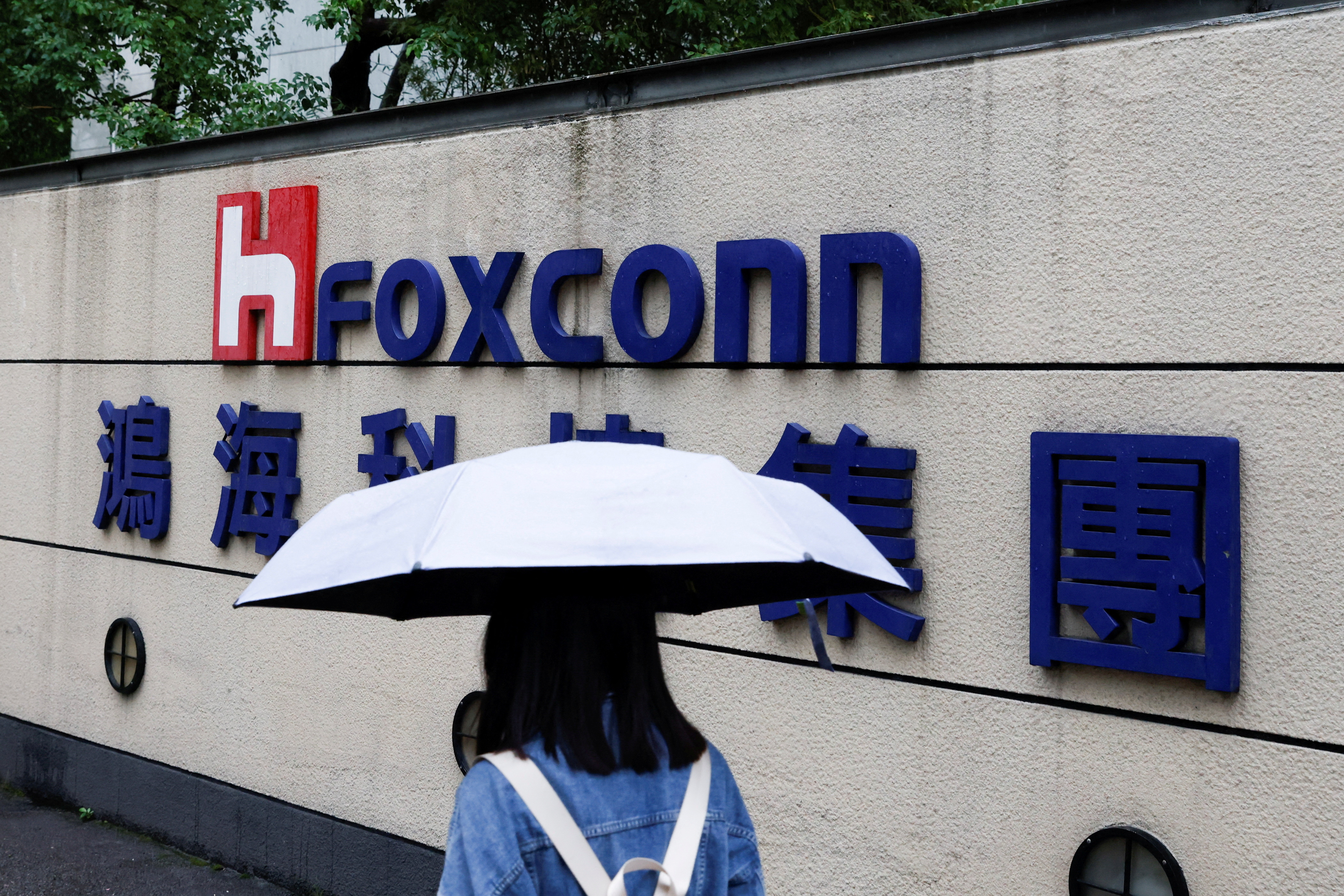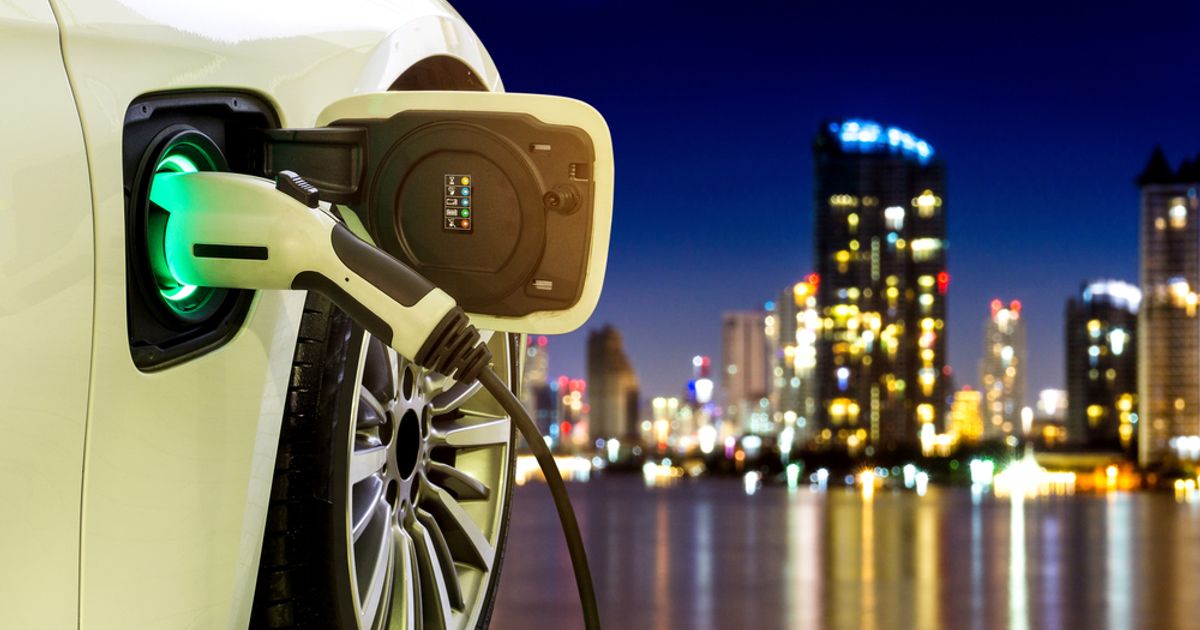Lordstown Motors Files Bankruptcy, Sues Foxconn; Why Are EV Startups Facing Tough Challenges?
The electric vehicle (EV) industry has witnessed both promising advancements and significant challenges in recent times. One noteworthy development is the bankruptcy filing of Lordstown Motors, an American electric truck manufacturer that has also sued Foxconn.

Lordstown Motors, the U.S. electric truck manufacturer based in Ohio, has filed for bankruptcy protection and initiated legal action against Foxconn, the Taiwan company. Lordstown filed for Chapter 11 protection in Delaware while accusing Foxconn of fraudulent conduct and failing to fulfill its agreement to invest up to $170 million in the company.
Lordstown claims that Foxconn has reneged on purchasing additional shares and misled them about collaborating on vehicle development plans. Foxconn, known for assembling Apple’s iPhones, has stated that Lordstown breached the investment agreement. The bankruptcy filing and lawsuit set the stage for a potential clash that could impact Foxconn’s EV ambitions and partnerships with other automakers.
In its lawsuit, Lordstown alleges that Foxconn consistently changed the terms of their collaboration, failing to meet funding commitments and disregarding initiatives they had agreed to support. Earlier this month, Lordstown stated its intention to sue Foxconn after receiving a letter indicating the unlikelihood of the expected additional investment.
The startup accused Foxconn of a “pattern of bad faith” that caused significant harm. Lordstown had warned about the possibility of bankruptcy due to uncertainty surrounding the Foxconn investment.
Lordstown’s main product is the Endurance electric pickup truck, produced at a former General Motors factory in Ohio, which was sold to Foxconn in 2022.
After resolving quality issues with suppliers, Lordstown temporarily halted production of the Endurance but resumed at a limited rate since April. The automaker’s shares have experienced a significant decline, currently trading under $3.
If a buyer cannot be found to restart full production of the Endurance, the Ohio factory, now owned by Foxconn, could be an attractive option for overseas automakers seeking a quick entry into the U.S. market.
Lordstown has filed for bankruptcy and plans to seek a buyer. However, it does not have an initial offer in hand to set a minimum price for potential suitors to surpass in an auction. Lordstown’s CEO, Edward Hightower, believes the Endurance business could be appealing to another automaker looking to enter the EV market quickly, given the Biden administration’s push towards electric vehicles.

Lordstown Motors Bankruptcy
Lordstown’s bankruptcy adds to the list of EV startups that went public during the SPAC boom of the pandemic era. Lordstown’s case stands out due to its challenge to the established Detroit automakers’ pickup truck business and its location in Ohio. The factory, once owned by GM, was sold to Lordstown Motors after pressure from former President Donald Trump and Ohio political leaders.
Similar to other EV startups, such as Nikola, Lordstown has struggled to meet the high expectations of early investors. In 2021, its CEO and founder, Stephen Burns, resigned after the company admitted to overstating pre-orders for its electric trucks. Lordstown faced investigations by regulators and the U.S. Justice Department while Ford, Rivian, GM, Stellantis, and Tesla made strides in the electric pickup truck market.
Lordstown faced significant challenges in scaling up production of its Endurance trucks due to the dispute with Foxconn, difficult market conditions, and the high costs associated with its business. The company simultaneously also acknowledged that the material costs for the few trucks they assembled were significantly higher than their selling price.

The Electric vehicle (EV) startups have encountered various challenges in recent years. Even though the industry is rapidly growing and gaining attention, several startups have faced hurdles that can hinder their success; some of the problems commonly faced by EV startups are –
Capital Intensity
Developing and manufacturing electric vehicles requires substantial investment, and EV startups often struggle with securing sufficient capital to fund their operations, including research and development, production facilities, and marketing efforts. Thus, the high upfront costs and capital-intensive nature of the industry can strain the financial resources of these companies.
Manufacturing and Production Challenges
Establishing efficient manufacturing processes for EVs can be complex and time-consuming. Many EV startups may lack the experience, expertise, and infrastructure required to scale up production rapidly and thus they may encounter delays, quality control issues, and supply chain disruptions, leading to both production bottlenecks and customer dissatisfaction.
Technological Advancements
The EV market is one that is highly competitive, and startups need to constantly innovate and improve their technology in order to stay ahead. Developing advanced battery systems, electric drivetrains, and autonomous driving capabilities requires significant research and development efforts and it becomes equally important for EV startups to invest in cutting-edge technologies to offer competitive products, which inturn proves to be a challenge for companies with limited resources.
Charging Infrastructure
The availability and accessibility of charging infrastructure are crucial for the widespread adoption of electric vehicles. However, many regions still lack an extensive charging network, making it inconvenient for EV owners, especially those in rural areas or without access to home charging facilities. EV startups must navigate this challenge by collaborating with charging network providers or supporting the expansion of charging infrastructure.
Range Anxiety and Battery Technology
Range anxiety, ie the fear of running out of battery power during a journey, remains a constant concern for potential EV buyers. While battery technology has improved significantly, EV startups face pressure to offer vehicles with longer ranges and faster charging capabilities. Developing cost-effective batteries with higher energy densities and longer lifespans is essential for addressing this challenge.
Regulatory and Policy Environment
EV startups operate within a complex regulatory and policy landscape. Government regulations and incentives related to emissions standards, fuel economy, subsidies, and tax credits can significantly impact the EV market. Changes in policies or the absence of supportive measures can create uncertainty and affect the demand for EVs, influencing the growth prospects of startups in the industry.
Market Competition
Established automakers and tech giants are increasingly entering the EV market, intensifying competition for startups. These companies often possess significant resources, manufacturing expertise, and well-established brand recognition. Competing against these industry giants requires EV startups to differentiate themselves through unique features, technological innovations, and strong marketing strategies.
Despite these challenges, EV startups play a vital role in driving innovation and pushing the boundaries of electric mobility. With strategic planning, strong financial backing, partnerships, and a focus on delivering compelling products, these startups can overcome obstacles and make a significant impact in the rapidly evolving electric vehicle industry.
The Last Bit, The bankruptcy filing of Lordstown Motors and its legal battle with Foxconn is a testimony to the obstacles encountered by EV startups. Overcoming these hurdles requires strategic planning, innovation, and adaptation.





